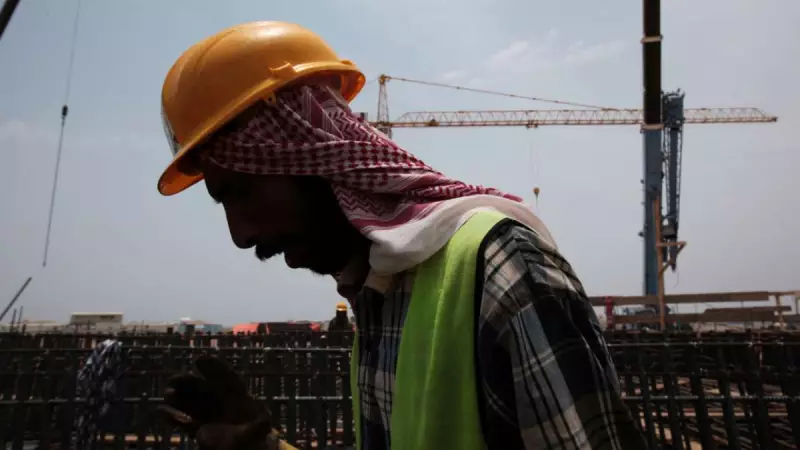
In a landmark move that signals a new era for foreign workers, Saudi Arabia has officially dismantled the long-controversial Kafala system, marking one of the most significant labour reforms in the kingdom's recent history.
What Was the Kafala System?
The Kafala, or sponsorship system, had governed the lives of millions of migrant workers in Saudi Arabia for decades. Under this arrangement, foreign workers' legal status was tied directly to their employers, creating what many human rights organizations described as a modern form of indentured servitude.
The Game-Changing Reforms
The newly implemented changes bring transformative benefits to migrant workers:
- Job Mobility: Workers can now change employers without needing their previous sponsor's consent
- Exit Freedom: The requirement for employer permission to leave the country has been eliminated
- Document Control: Workers regain possession of their passports and personal documents
- Enhanced Rights: Improved legal protections and workplace safeguards
Impact on Saudi Arabia's Workforce
With over 10 million foreign workers constituting a substantial portion of Saudi Arabia's labour force, these reforms are expected to create a more dynamic and competitive job market. The changes align with Crown Prince Mohammed bin Salman's Vision 2030 initiative, which aims to diversify the economy and modernize Saudi society.
Global Reaction and Implications
International labour organizations and human rights groups have welcomed the move, calling it a monumental step toward protecting migrant workers' rights in the Gulf region. The reforms position Saudi Arabia as a regional leader in labour rights and could influence similar changes in neighbouring countries.
This historic decision not only improves the lives of millions of current workers but also makes Saudi Arabia a more attractive destination for global talent, supporting the kingdom's ambitious economic transformation goals.





